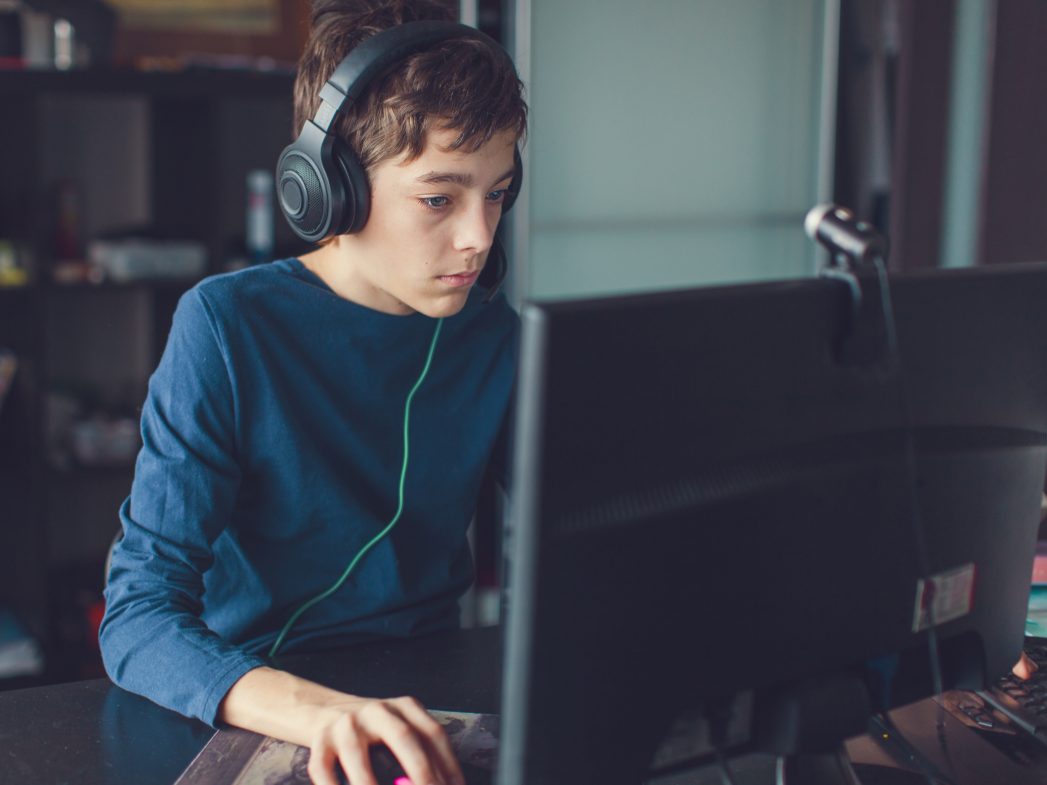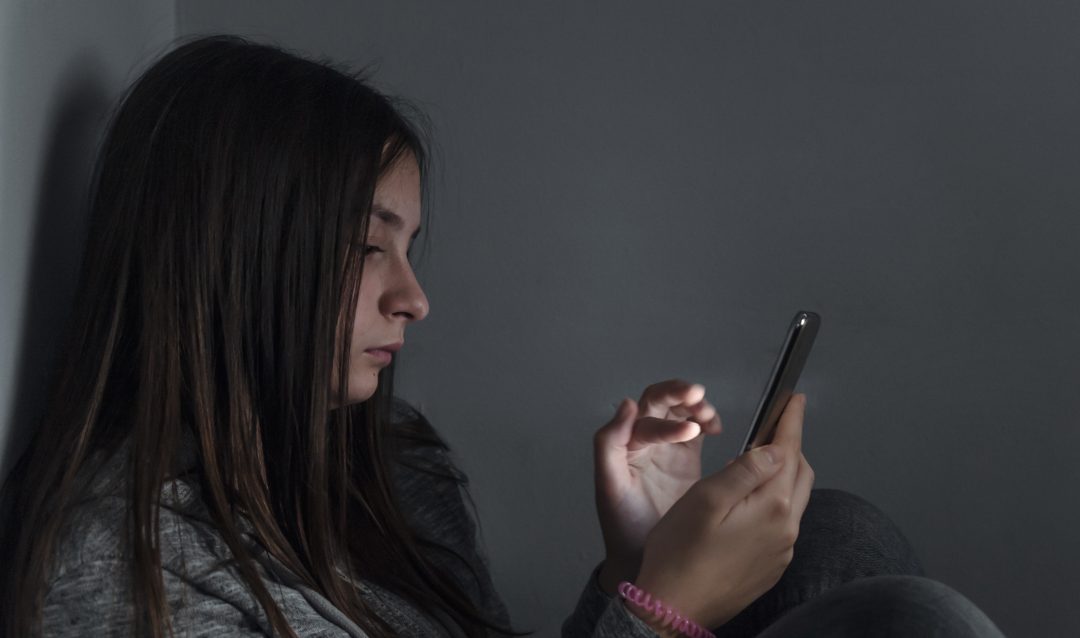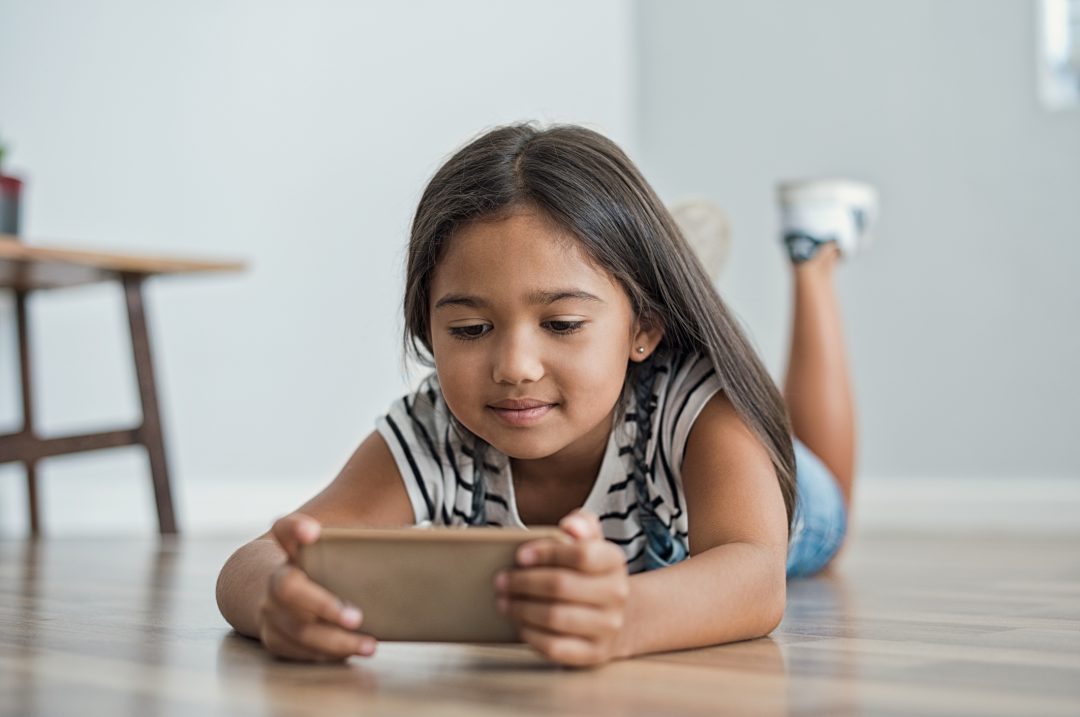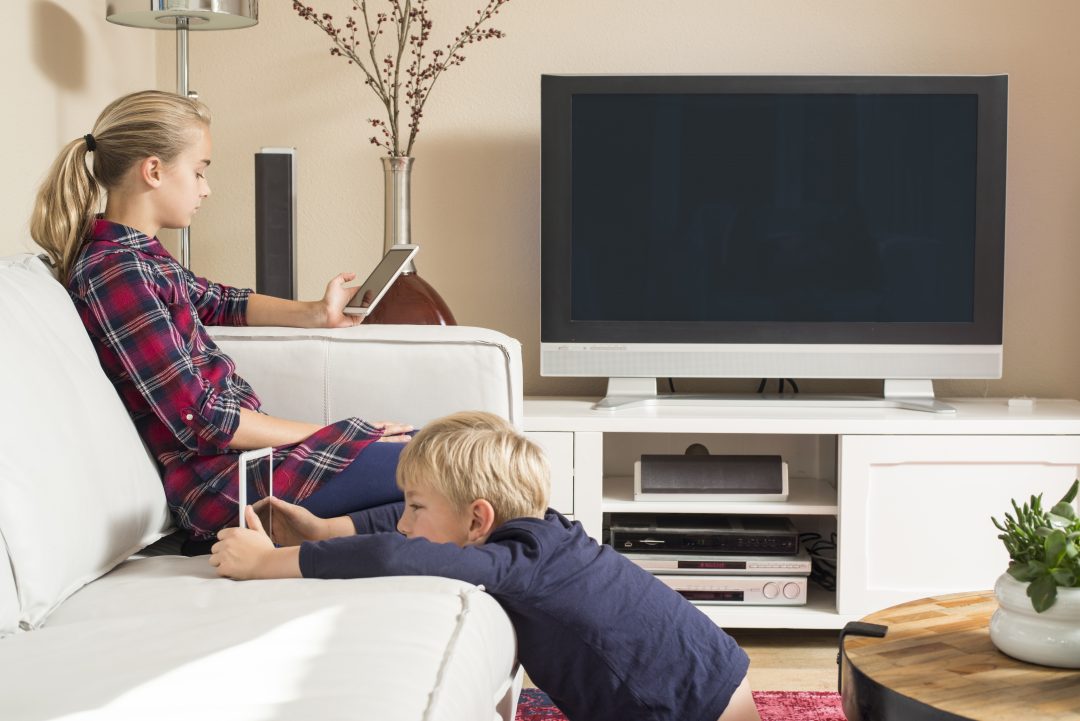Welcome to the World Wide Web: Getting kids off to a good start with time online
Categories: Technology
Have you got kids that are just starting to explore the online world?
So…What are they doing?
Playing Minecraft or Roblox? Watching those weird toy unboxing videos? Searching for scooter trick compilations on YouTube? Snapchatting or TikToking or Instagramming or Facebooking?
Maybe you’re not entirely sure what all those things are…
When our kids first start to go online, parents get an education. It’s sort of like travelling to a foreign country. The rules online are different, there’s a different language and currency, and, like all exotic locations, there are some back streets you really wouldn’t want to get stuck down.
If you’re reading this, it’s probably new territory for your family. You might have kids in early primary or older kids who are getting their own devices for the first time. So, what do you need to know about keeping them safe in the online world? What can you do to block the path to those shady back alleyways and make sure they don’t meet any dodgy tour guides?
We’ve got some ParentTV experts to tell you, of course!
Here’s what they’ve got to say.
Parental controls
Now, when we say parental controls, we don’t mean those leash and harness things. What we’re talking about is internet-filtering systems that restrict your children’s access to the material you want to avoid and also give you a way to manage what they’re doing and when they’re doing it. The eSafety Commissioner website has some good guidance on this, and they’ve even developed a ‘Family Friendly Filter’ classification system to help you understand what filter will meet your family’s needs. Many software programs also have their own versions.
Dr Kristy Goodwin, ParentTV expert, digital wellbeing authority and author of Raising your child in a Digital World, says ‘as parents, we have to be the pilots of the digital planes.’ Having a filtering system in place right from the outset means your kids won’t accidentally stumble across anything explicit or disturbing, they’ll get used to having limits, and you can adjust the parameters of the filter as they get older. Having said that, no parental control is 100% effective. Which leads us nicely into our next point…
Boundaries
The most important thing you can do to help your kids develop good digital habits is to implement boundaries around their device usage and online engagement. When they’re older, this could be more of a conversation, but young kids really need an adult to lay down some ground rules. While you may want to limit the amount of time they’re spending online, measuring this in minutes or hours might not be the most effective way of doing so, says Dr Goodwin.
If your child is under eight years of age, prescribing an actual amount of screentime is meaningless. Most kids of this age don’t have a conceptual understanding of what time is. Instead, give them a quantity or cut-off point as a limit, like getting to a certain level in a game or watching a certain number of episodes.
Dr Kristy Goodwin
The eSafety Commissioner website suggests a ‘Family Tech Agreement’ can be helpful, to make sure everyone has a clear understanding of what the rules of digital engagement are. You can download a template here.
Supervision
Rachel Downie, ParentTV expert, eSafety educator, and founder of anti-bullying website, Stymie, says that adequate parental supervision is also essential. ‘You may trust your child, but you still need to check on them.’ You don’t know what you don’t know, in other words. Both Rachel Downie and Kristy Goodwin suggest keeping a family computer in a publicly accessible space and keeping device usage out of bedrooms. Not only could the blue light from screen disrupt their sleep, but they could start going online when you’re asleep, which is a slippery slope. Dr Goodwin confirms this, saying that, ‘emerging research tells us that the quality of our kids sleep is being affected if they have digital devices in the bedroom. This compromises their learning and performance.’
Communication
You know what happens if kids get in trouble for telling you about stuff they’ve seen online? They stop telling you about it.
It’s important that kids understand they won’t get in trouble for letting you know if they’ve come across something they shouldn’t have or sought out something they’re not supposed to. Open communication is key. If and when they enter the world of social media (which is a whole other story!), talk to them about what they’re posting and why, what they’ve seen and how they feel about it. Remind them they’re leaving a digital legacy with what they share.
In an age-appropriate way, it could also be a good idea to talk to your kids about the fact there are some not-so-nice people on the internet, even in the games they love. ‘The game might be clean but the gamers might not be,’ says Rachel Downie. While we don’t want to scare them, we do want them to be aware that not everyone is who they say they are.
Education
When technology is becoming a bigger part of your children’s lives, it’s also important to teach them about the effects gaming and device use have on their brains. ‘We’ve definitely seen an increase in the number of kids acting out the sort of aggressive, physical fighting they see in games like Fornite,’ says Rachel Downie.
The people who make these games study the psychological effects of them and build in emotional hooks to keep kids playing.
Rachel Downie
While your child is still learning to regulate their behaviour, exposing them to this sort of manipulated entertainment can lead to behaviour changes that are beyond their control. Make sure you’re monitoring your kids for negative behaviour spirals or other changes that indicate that their online time is getting out of hand.
Ultimately, you want to have these conversations sooner, rather than later, the experts agree. With your guidance, your kids can develop a healthy attitude to time online, and you can all survive the digital age with a minimum of fuss!
For more information on particular apps and games for kids, The Australian Council on Children and the Media is a great place to start, along with the website of the eSafety Commissioner that we’ve mentioned previously.
For more from our ParentTV experts on the subject of kids online, check out these videos:





